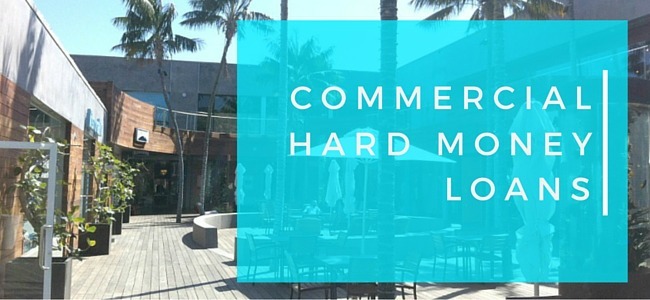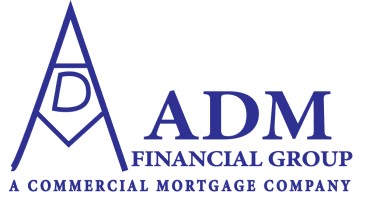ADM Financial Group is highly experienced in providing Commercial Bridge Loans and Hard Money Loans in a short amount of time.
ADM Financial Group is highly experienced in providing our clients with Commercial Bridge Loans and Hard Money Loans in a short amount of time. With our numerous partnerships with institutional private investment firms we can provide the capital you need, in the time you need it in.
Hard Money Loans Criteria and Rates:
• Loan Size: $500,000 to $5,000,000
• Lending Area: Nationwidel
• Collateral: We lend mainly to commercial real-estate, including raw land and development projects
• Interest Rate: Variable from 9% to 14% depending on collateral
• Amortization: Interest Only
• LTV: Up to 80%
• Origination Fee: 1.5 to 4%
• Closing time: 5 Days to 1 Month

Bridge Loans:
Bridge loans are used for: purchase, refinance, light rehabilitation and/or stabilization of a commercial investment or non owner-occupied properties. Rehab costs are generally include in the loan amount.
Cash flows are underwritten to pro forma numbers. Generally short term 12-36 months; lower interest rates and Fees than hard money. Generally recourse loans.
After stabilization of property; a new long term “take out” loan will be secured to pay off bridge loans and will provide lower rates and multi year amortization.
A bridge loan is defined as a short-term real estate loan that gives the property owner time to complete some task – such as improving the property, finding a new tenant and/or selling the property.
The typical commercial property bridge loan has a term of six months to 36 months, although many commercial bridge loan lenders will grant the owner the option to extend for six months to one year for a fee of between a half-point point to two points.
Bridge loans are more expensive than permanent loans. In a market where a commercial property borrower might be able to obtain a 6% permanent loan, he might have to pay LIBOR plus 3% to 4% (8.25% to 9.25%), plus a point or two, for a bridge loan from a commercial real estate opportunity fund.
Commercial property bridge loans are typically paid off when the owner places permanent financing on the property, after the improvements are completed and the new tenant(s) move into the property. Because of their short-term nature, most bridge loans have no prepayment penalty.

Example: Suppose John Doe inherits an older, rundown office building from his father. Because the property has been allowed to deteriorate, the property is 50% occupied and commands very low rents. If John tried to refinance the building today, he might only qualify for a $400,000 new loan based on today’s cash flow. John might therefore apply for a $700,000 new bridge loan to pay off the existing $250,000 first mortgage and to pay for $450,000 in improvements. After John has replaced the roof, repainted the building, re textured the walls, upgraded the electrical and H VAC systems, and re-carpeted the property, he might be able to fill the entire building with new tenants paying twice as much in rent. When the new tenants move in, John Doe might be able to refinance his bridge loan for $1,300,000, put $500,000 in cash in his pocket, and still have a $3,000 per month positive cash flow.
This would be a great use for a bridge loan.
There are all kinds of bridge lenders. Many banks will make bridge loans if the borrower has excellent credit and a large financial statement. Some renovation and releasing projects are a bit more speculative and need to be made by opportunity funds specializing in bridge loans.
An opportunity fund is defined as a special fund set up to make high-yield commercial real estate loans requiring special expertise and understanding. Opportunity deals are what we in the industry call “brainer deals”, as opposed to “no-brainer deals”, which as are deals so simple and straight-forward that even a child could understand them. The kinds of investors who invest in commercial real estate loan opportunity funds are pension plans, endowment trusts, wealthy private trusts and some Real Estate Investment Trust ( REIT’)s.
If the borrower has less-than-average credit, a modest financial statement, and/or little commercial real estate experience, he may have to go to a hard money bridge lender. Hard money bridge lenders are lenders who loan primarily on the equity in the property.
